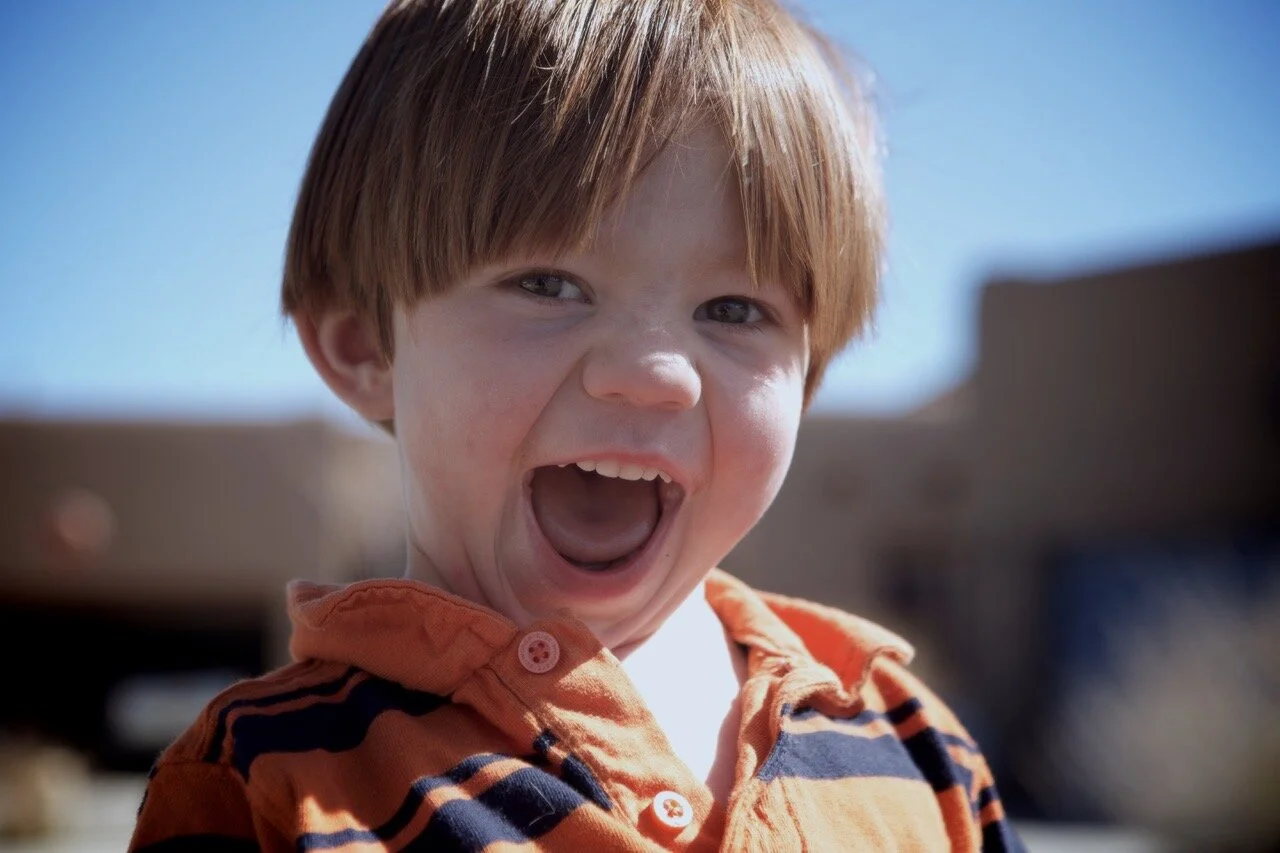Does ABA Cause PTSD in Children with Autism?
/Like medically necessary speech (SLP) and occupational (OT) therapy, medically necessary Applied Behavior Analysis (ABA) therapy is a widely used medical treatment for children who have a diagnosis of autism. The question of whether medically necessary ABA therapy causes post-traumatic stress disorder (PTSD) in children with autism is a topic of debate within the autism community with good reason.
Research supports that individuals with autism may experience a wider range of events as traumatic and may have population-specific experiences involving risk of trauma. Therefore, it is important to shine a bright light on ensuring that all services (including SLP, OT, ABA, etc.) for children with autism are trauma informed to reduce the overall risk of PTSD or post traumatic stress symptoms (PTSS). https://onlinelibrary.wiley.com/doi/pdf/10.1111/jar.12734
There is no current research that is able to draw a line from ABA as a whole to PTSD or PTSS. However, the historical use of aversive techniques, punishment, and negative consequences raises important ethical concerns not just for children with autism but for all children. ABA programs that use such strategies should be avoided as should teachers, speech therapists, occupational therapist, social workers, administrators, etc, who utilize aversive techniques, punishment, and negative consequences.
Supporters of ABA programs note that aversive techniques, punishment or the use of negative consequences should never be used and they emphasize that high quality ABA programs should only utilize positive reinforcement and evidence based strategies https://autismpdc.fpg.unc.edu/evidence-based-practices that support building meaningful and functional skills to enhance the individual's quality of life.
When interviewing ABA providers ask if their program is trauma informed as it is required to be by medicaid and private insurance. Ask to see their policy guidelines to be sure. Also, ask if the company ever uses aversive or punishment strategies, which they should NOT, and what evidence based strategies they will utilize with your child specifically.
When considering medically necessary ABA therapy for your child with a diagnosis of autism, it is crucial to work with qualified, experienced professionals who use evidence-based and ethical practices. Collaborating closely with your providers, staying informed about the specific interventions used, and regularly monitoring your child's progress are essential components of ensuring a positive and beneficial experience.
If you have concerns about ABA or any other therapeutic approach please reach out to me or Parents Reaching Out (PRO), Education for Parents of Indigenous Children with Special Needs (EPICS) or go online to Autism Speaks for more information.
https://parentsreachingout.org/
https://www.epicsnm.org/
Side Note:
ABA opponents argue that ABA programs use aversive techniques or overly intensive demands which contribute to trauma or stress reactions in children with autism and can cause PTSD. It should be noted that high quality ABA programs do not use aversive techniques and programs should be constantly monitored and reported to authorities if needed.
Opponents of ABA often sight this article . https://www.researchgate.net/publication/322239353_Evidence_of_increased_PTSD_symptoms_in_autistics_exposed_to_applied_behavior_analysis as evidence of ABA causing PTSD or PTSS. There are many issues with the research presented in this article. The number of participants in the study was small and did not control for influencing variables. For example, over 50 percent of the participants in this study were between 18 and 75 years old and the average age of diagnosis for those participants, according to self-report, was 25 years old. It is not clear when they received ABA or what ABA strategies were utilized. Amongst other variables, the participants were gathered from social media and online social groups. The participants volunteered to be in the study and self-reported in the online survey without any independent verification of diagnosis or participation in ABA. This lack of sample size and uncontrolled variables can lead to highly skewed, biased, misrepresented and ultimately incorrect conclusions. As such, the results of this research study should viewed with a critical eye and generalized with great caution.


